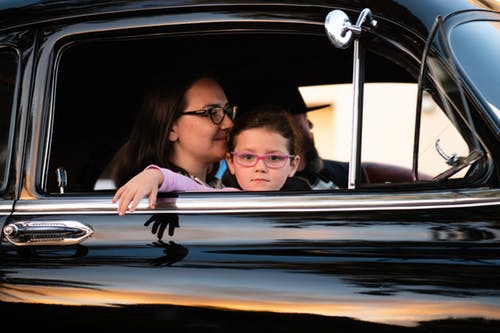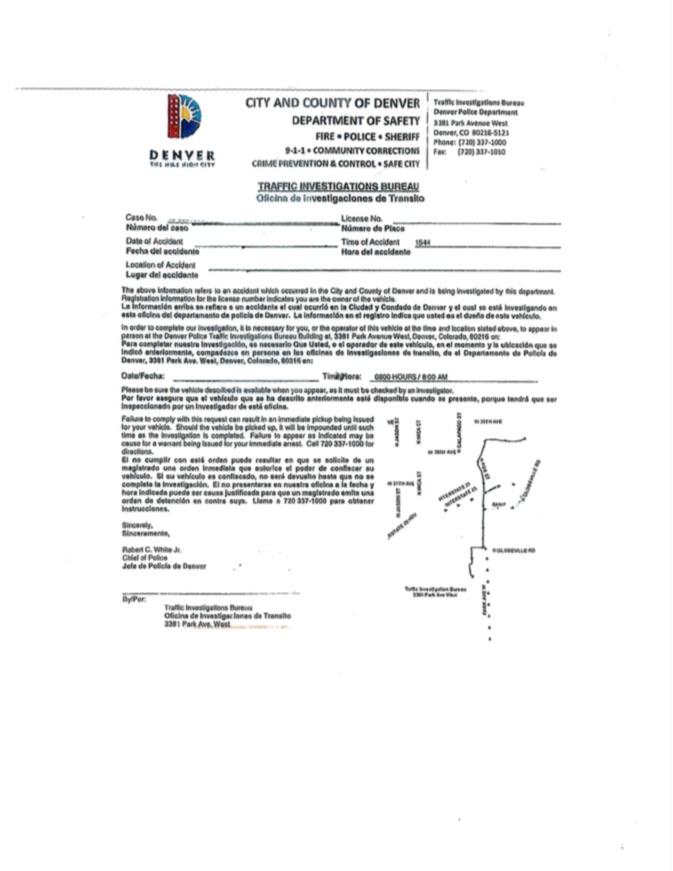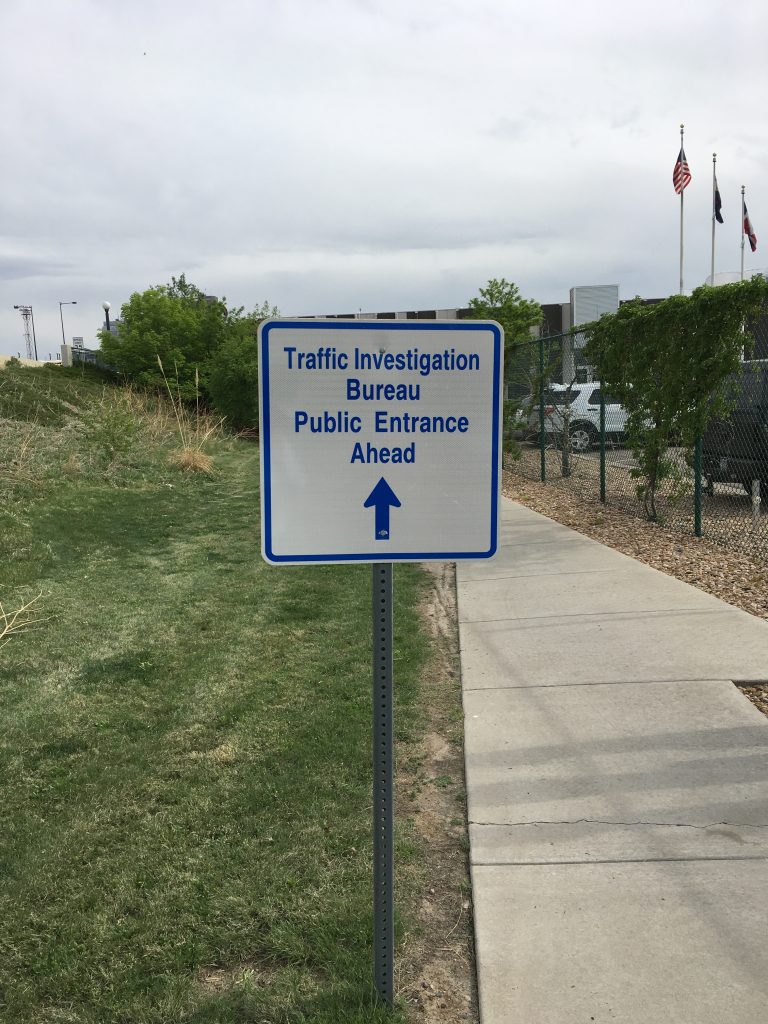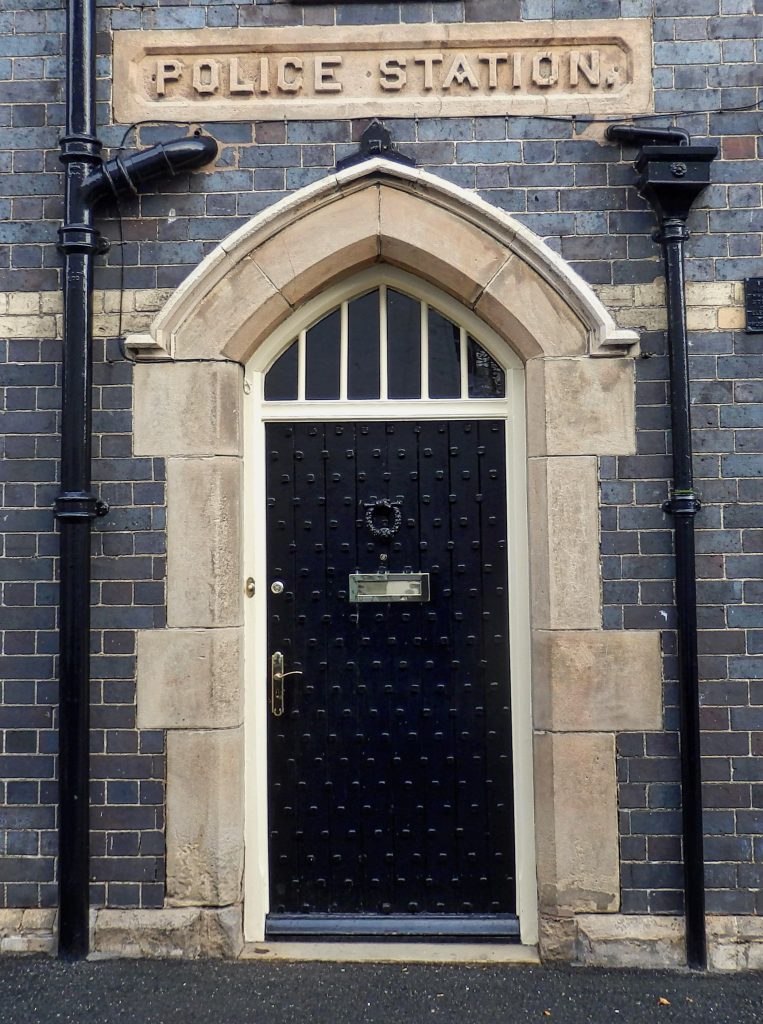 In Colorado, it may be possible to be removed from the Colorado sex offender registry even if the out-of-state case resulted in a “lifetime” registration requirement. Colorado laws regarding registration may be less stringent than some other states. Sometimes Colorado residents who are required to register (in Colorado) for an out-of-state case simply continue to register even if they are eligible for removal because the are unaware of the laws in Colorado and/or are unsure about the often times intimidating process of petitioning the court for removal.
In Colorado, it may be possible to be removed from the Colorado sex offender registry even if the out-of-state case resulted in a “lifetime” registration requirement. Colorado laws regarding registration may be less stringent than some other states. Sometimes Colorado residents who are required to register (in Colorado) for an out-of-state case simply continue to register even if they are eligible for removal because the are unaware of the laws in Colorado and/or are unsure about the often times intimidating process of petitioning the court for removal.
The Colorado Bureau of Investigation (CBI) maintains a public open access database to search for persons that are required to register as sex offenders in Colorado. The CBI database provides photographs of the person, information about the offense, the person’s address (including a map), and date of conviction. Not all persons who are required to register are included in the CBI database. Specifically, the CBI open access database excludes information regarding persons who are required to register for misdemeanor cases and juvenile cases.
Many local police departments and sheriff’s departments also maintain their own public open access databases regarding persons required to register in their jurisdiction. Some examples of these online databases include the Denver Police Department, the Larimer County Sheriff’s Office, the Boulder County Sheriff’s Office, and the El Paso County Sheriff’s Office– just to name a few.
The first step in commencing the removal process is to determine if the person qualifies under Colorado law for relief from the registration requirement. The person must simply qualify under one of the following five eligibility criteria. 1) If the person successfully completed a deferred sentence or deferred adjudication for a case involving unlawful sexual behavior, or the case was dismissed, he/she may qualify if he/she has not been subsequently convicted or adjudicated for another case involving unlawful sexual behavior.
2) If the person required to register was younger than 18 at the time of the offense related to unlawful sexual behavior and has successfully completed a juvenile sentence from the court, he/she may be eligible for removal/discontinuation from the sex offender registration requirement. Further, he/she must not have been convicted of (or currently have pending) a subsequent case involving unlawful sexual behavior.
3) Misdemeanor unlawful sexual behavior offenses qualify for registration removal after a period of 5 years from the person’s release from the court’s jurisdiction. He/she must not have any subsequent cases involving unlawful sexual behavior since the termination of the court’s jurisdiction in the case which triggered the registration requirement. Third degree sexual assault and unlawful sexual contact are excluded from the 5 year waiting period and are subject to the 10 year waiting period indicated below.
4) Class 4, 5, and 6 Felony offenses as well as Misdemeanor third degree sexual assault and unlawful sexual contact offenses are subject to a 10 year waiting period. In other words, 10 years from the termination of the court’s jurisdiction over the person, or release from the D.O.C. (Department of Corrections) , or release from the Department of Human Services. Further, the person must not have any subsequent convictions or adjudications for unlawful sexual behavior offenses.
5) Class 1, 2, and 3 Felony offenses are eligible after a 20 year waiting period. In other words, 20 years from the termination of the court’s jurisdiction over the person, or release from the Department of Corrections or the Department of Human Services. Further, the person must not have any subsequent convictions or adjudications for unlawful sexual behavior offenses.
Cases which are not currently eligible for sex offender registration removal/discontinuation in Colorado include the following: a) adults with more than 1 conviction or adjudication for unlawful sexual behavior offenses in Colorado or another state; b) sexually violent predators; c) adult convictions for sexual assault, 1st degree sexual assault, 2nd degree sexual assault; d) sexual assault on a child; e) sexual assault on a child by a person in a position of trust; f) aggravated incest; g) incest; h) sexual assault by a psychotherapist against a client victim.
Petitions to be removed from the sex offender registration requirement for an out-of-state case shall be filed in the district court for the county where the person required to register resides.
Notice of the petition to discontinue sex offender registration must be served upon all police agencies with whom the person is required to register (including the out-of-state police agency/agencies, the prosecuting attorney’s office in all jurisdictions where the police agency/agencies is/are located, and the prosecuting attorney’s office who obtained the conviction or adjudication which initiated the registration requirement (i.e. the out-of-state prosecutor’s office that prosecuted the case).
Once all of the procedural requirement have been met, a hearing will be held by the district court to determine whether the person should be permitted to discontinue sex offender registration in Colorado. Proper preparation for that hearing is critical.
Continue Reading ›
 Denver DUI Attorney Blog
Denver DUI Attorney Blog












